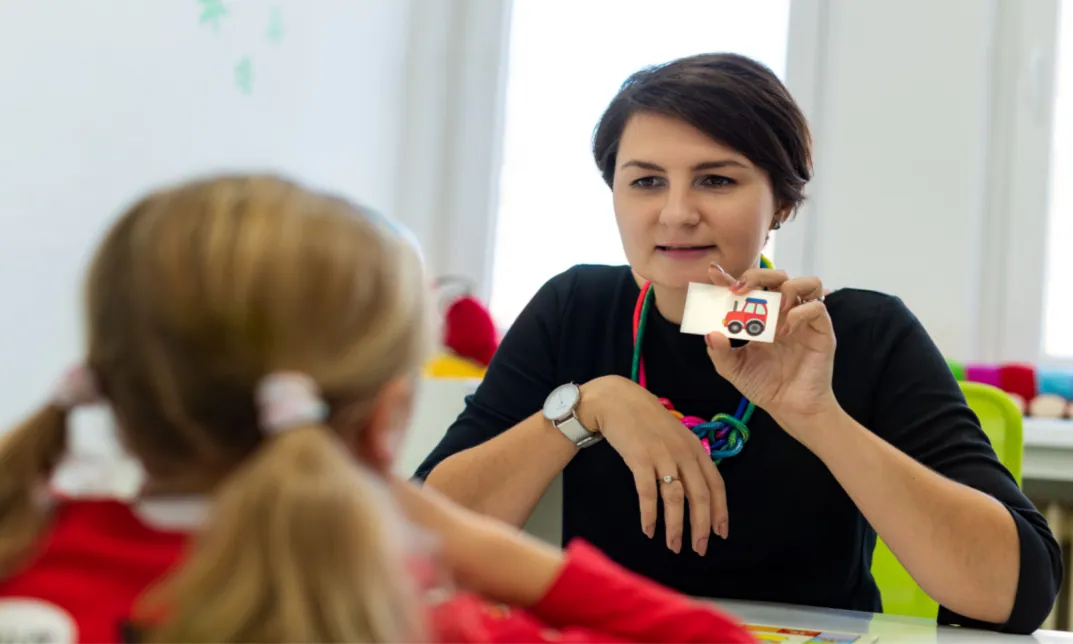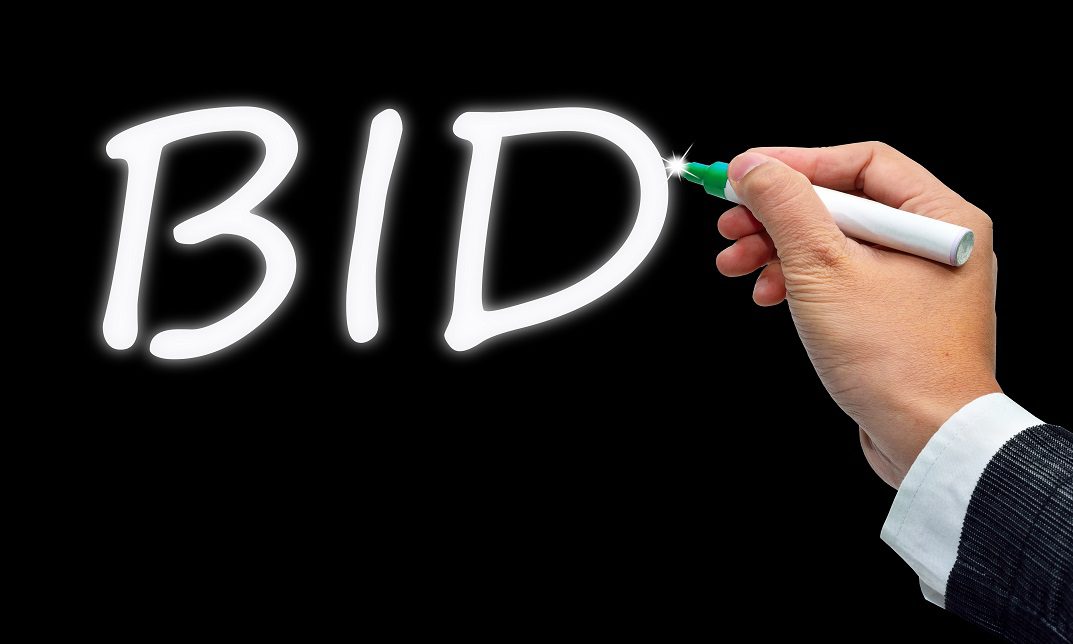CBT online courses help you explore how your thoughts, feelings, and actions are connected. They teach you practical ways to manage stress, deal with worries and handle life’s challenges more calmly. Learning CBT, or Cognitive Behavioural Therapy, gives you useful tools to understand yourself and others better.
Studying online also gives you freedom. You can learn at your own pace, wherever you feel most comfortable. Each lesson helps you build confidence and develop a positive mindset step by step. Whether you’re learning for personal growth or to help others, CBT brings fresh insights into how we think, feel, and live every day.
In this article, we explore how you can learn CBT from home. You’ll discover what CBT means, how online learning works, what types of courses you can take, and how to pick the one that fits your goals. By the end, you’ll clearly understand how learning CBT can help you feel calmer, think clearly, and support others with confidence.
What Is CBT (Cognitive Behavioural Therapy)?
CBT means Cognitive Behavioural Therapy. It is a simple and practical type of talking therapy. It helps you understand how your thoughts, feelings, and actions are all connected. When your thoughts turn negative, your feelings often follow, and your actions can change too. CBT helps you break that pattern and build a more positive one.
People use CBT to manage many problems, like stress, anxiety, depression, or low confidence. It doesn’t just focus on what’s wrong — it shows you how to make small changes that really help. You learn to notice unhelpful thoughts, question them, and replace them with kinder, more balanced ones.
CBT is also very useful in everyday life. You can use it to handle work pressure, study stress, or personal worries. It helps you stay calm, think clearly, and make better choices. Step by step, CBT helps you feel stronger, more in control, and ready to face life with confidence.
Why Choose an Online CBT Course?
An online CBT course is simple, flexible, and easy to fit into your daily life. You can learn in your own time and at your own pace, all from the comfort of home. Here are some reasons why many people choose to study this way:
- Flexible study time: You can learn whenever it suits you — morning, afternoon, or evening.
- Learn from home: No need to travel or sit in a classroom. Study in your comfy space with a cup of tea.
- Lower cost: Online courses are often cheaper than classroom ones. You also save money on travel and materials.
- Tutor support: Friendly tutors are always there to guide you, explain lessons, and answer your questions.
- Learn at your own pace: Take your time with each topic or move faster if you prefer.
- Easy access: All your lessons and materials are online, so you can study from anywhere, anytime.
If you want a trusted and flexible option, try “the Cognitive Behavioural Therapy Training Online” at the School of Healthcare. It’s designed to fit around your schedule, offers expert tutor support, and helps you build real CBT skills step by step.
Learning online gives you freedom, comfort, and confidence as you grow your CBT skills and start making positive changes in your life.
Who Can Study CBT Online?

The best thing about CBT online courses is that anyone can join. You don’t need to be a therapist or have years of experience. Many people start with a short CPD (Continuing Professional Development) course to build confidence and learn practical skills they can use in everyday life. These short courses help you understand yourself better and support others with care and empathy.
If you want to explore CPD courses that are flexible, easy to follow, and designed by experts, you can visit the School of Healthcare. Their courses fit around your busy schedule and make learning feel simple and enjoyable.
However, if your goal is to use CBT in clinical practice, you’ll need an accredited qualification, supervised hours, and a professional role. This ensures you can safely and effectively support clients.
So, whether you want to grow personally, add to your professional skills, or start a new path in mental health, our CPD CBT online courses at the School of Healthcare are a great place to begin your journey.
Types of CBT Courses Available (Short, Accredited, Practitioner)
There are different kinds of CBT online courses, and each one suits a different goal. Some are short and simple, while others help you become a professional therapist. Let’s look at the main types:
- Short CPD or Introductory Courses:
These courses are great if you are just starting. You can learn the basics of CBT and how thoughts, feelings, and actions connect. They help you deal with stress, build confidence and support others. Short CPD courses are perfect for personal growth or for adding new skills to your job. - Accredited Certificates and Diplomas:
These courses are often Ofqual-regulated and recognised in the UK. They teach you more about CBT theory and practice. You complete tasks, learn new techniques, and gain confidence using CBT. These courses can help you move towards work in counselling, coaching or mental health support. - Practitioner or University-Level Courses:
If you want to become a CBT therapist, you need a higher-level course. These are often university or BABCP-accredited programmes. They include supervised practice and formal training. You learn how to work safely and effectively with clients in real settings.
Each type of course helps you grow in your own way. Whether you choose a short CPD course or a full professional qualification, learning CBT is a great way to build skills and make a positive change.
What You’ll Learn in a CBT Online Course
In a CBT online course, you gain practical skills that help you understand yourself and others better. Each topic builds your confidence and gives you tools you can use every day. Here’s what you’ll learn along the way:
- Goal Setting:
Find simple ways to set clear and easy goals. Stay focused as you move forward. Reaching small goals can make you feel proud and motivated. - Behavioural Activation:
Try small, positive actions that make you feel happier. Doing simple things can lift your mood. Even a short walk or chat can make a big difference. - Exposure Techniques:
Take small, gentle steps to face your fears. This helps you feel braver over time. Each small step builds your confidence. - Cognitive Restructuring:
Learn how to turn negative thoughts into kinder ones. This helps you see things in a better way. Over time, you’ll feel calmer and more in control. - Problem-Solving Skills:
Find easy ways to deal with everyday problems. Learn to make better choices with less stress. Good planning can make life feel smoother. - Relapse Prevention:
Learn how to keep your progress strong. Know what to do if old habits return. This helps you stay positive and steady. - Ethics and Boundaries:
Understand how to work safely and with respect. Learn to keep good limits with others. This builds trust and makes everyone feel safe.
By the end of the course, you’ll feel more confident, calm, and ready to use CBT techniques in real life or at work.
How Long Does It Take to Complete a CBT Course Online?

The time to finish a CBT online course depends on the type of course you choose. Some are short and quick, while others take longer to complete. Here’s a simple guide:
- Short CPD or Introductory Courses:
These are the quickest to finish. You can complete them in a few hours or a few weeks. They are great if you want to learn the basics or add new skills to your job. - Accredited Certificates or Diplomas:
These take more time because they go deeper into CBT. Most people finish them in a few months, depending on how much they study each week. - BABCP-Accredited Postgraduate Diplomas (PGDip):
These are for people who want to become CBT therapists. They usually take one to two years to complete and include supervised work placements.
Everyone studies at their own speed. It’s best to choose a course that fits your time, goals, and lifestyle. Online learning makes it easy to learn step by step, at a pace that feels right for you.
Do You Need Qualifications to Enrol in CBT Training?
You don’t always need qualifications to start learning CBT. Many people begin with short introductory or CPD courses, and these are open to everyone. They are great if you want to learn for personal growth or to help others in daily life.
If you want to become a CBT practitioner or therapist, you will need some qualifications. Most advanced courses ask for a degree in psychology, counselling, or a similar subject. You will also need to complete a supervised placement where you can practise your skills with real clients.
It’s best to start small and move up step by step. Begin with a short CPD course to learn the basics. Later, if you enjoy it, you can study higher-level courses to build a professional career in CBT.
Accredited CBT Online Courses in the UK
When you choose a CBT online course, it’s important to make sure it is accredited. Accreditation means the course meets good standards and is trusted by employers. Taking a few minutes to check this helps you study with confidence and peace of mind.
Here’s what to look for:
- BABCP Accreditation:
If you want to become a CBT practitioner or therapist, choose a course recognised by the British Association for Behavioural and Cognitive Psychotherapies (BABCP). This shows the course follows the right rules for training, ethics and supervised practice. - Ofqual or Awarding Body Approval:
For vocational or certificate-level courses, make sure they are approved by Ofqual or another UK awarding body. These courses are ideal if you want to learn CBT for personal use or to add skills to your current job. - Check Before You Enrol:
- Is the course BABCP-accredited for practitioner training?
- Is it Ofqual-regulated for vocational learning?
- Does the provider clearly explain its accreditation status?
Choosing an accredited course means your hard work counts. It ensures your qualification is real, respected, and valuable for your future goals.
Career Options After Completing a CBT Course

Finishing a CBT online course can open many new doors for you. The type of job you can do depends on the level of course you complete and your career goals. Some roles use CBT ideas in everyday work, while others need full therapist training and accreditation.
Let’s look at both paths below.
CBT-Informed Roles
You don’t need to be a therapist to use CBT skills. Many people use what they learn in CBT courses to make their work more supportive and understanding. These roles are great for those who already work with people and want to add extra skills to their job.
Here are some examples:
- Education: Teachers or teaching assistants who support students with behaviour or emotional needs.
- Health and Social Care: Care workers or support workers who help people manage stress or daily challenges.
- Coaching and Mentoring: Life coaches or career coaches who guide clients using positive thinking techniques.
- Wellbeing and Mental Health Support: Staff in community or workplace wellbeing roles who promote emotional balance and self-care.
These jobs use CBT ideas to help others think clearly, solve problems, and feel more confident. They also make a big difference in people’s daily lives.
CBT Therapist Roles
If you want to work as a CBT therapist, you’ll need more training and experience. This route is for those who wish to work directly with clients in a professional setting.
To become a CBT therapist, you will usually need:
- A BABCP-accredited qualification, such as a postgraduate diploma.
- Supervised practice, where you work with clients under expert guidance.
- A background in psychology, counselling, or mental health.
With the right training and accreditation, you can work in hospitals, schools, charities, or private clinics. No matter which path you choose, CBT gives you skills that last a lifetime. It helps you grow, understand others better, and make a real difference every day.
Final Thoughts: Start Your CBT Learning Journey Online
Learning CBT online is a great way to understand yourself better and feel more confident in life. It teaches you how to manage stress, handle worries and think more positively. Each lesson helps you grow and feel stronger, one step at a time.
If you want to start learning, try the Cognitive Behavioural Therapy Course at the School of Healthcare. It’s simple, flexible, and full of useful skills you can use every day. You can study in your own time and get help from friendly tutors whenever you need it.
So, why not start today? A small step now can bring a big change in your life.
FAQs: CBT Online Courses (UK)
- What does a cognitive behavioural therapist do?
A cognitive behavioural therapist helps people feel better by changing unhelpful thoughts and actions. They teach simple ways to manage stress, anxiety, and low mood.
- What qualifications do you need to be a CBT therapist?
To become a CBT therapist, you need a higher-level course, like a diploma or master’s degree in CBT.
- What qualifications do I need for CBT?
You can take the 1-day CBT course if you have a UK provisional licence. You can also join with a full UK or EU licence registered with the DVLA.
- Can I be a therapist without a degree in the UK?
Yes, you can. Some training courses in the UK don’t need a degree. You can start with a level 5 counselling course.
- Is a behavioural therapist a stressful job?
Yes, it can be. Helping people with difficult behaviours and busy schedules can feel stressful at times.




